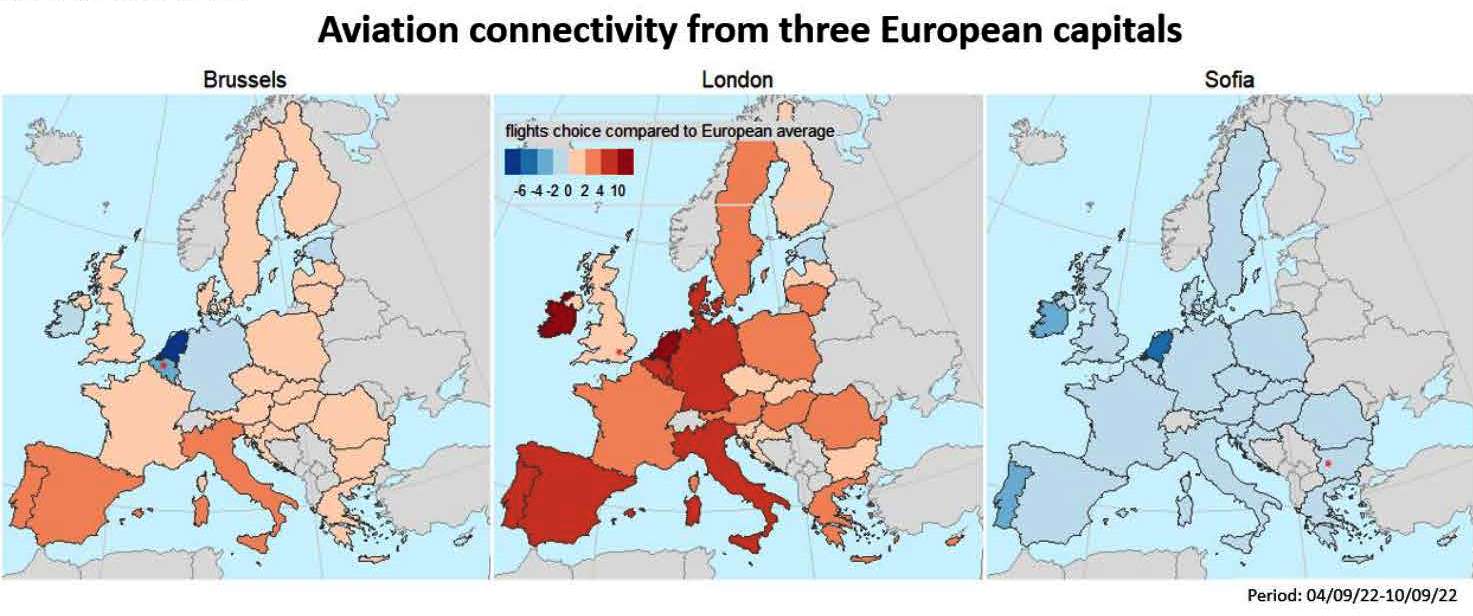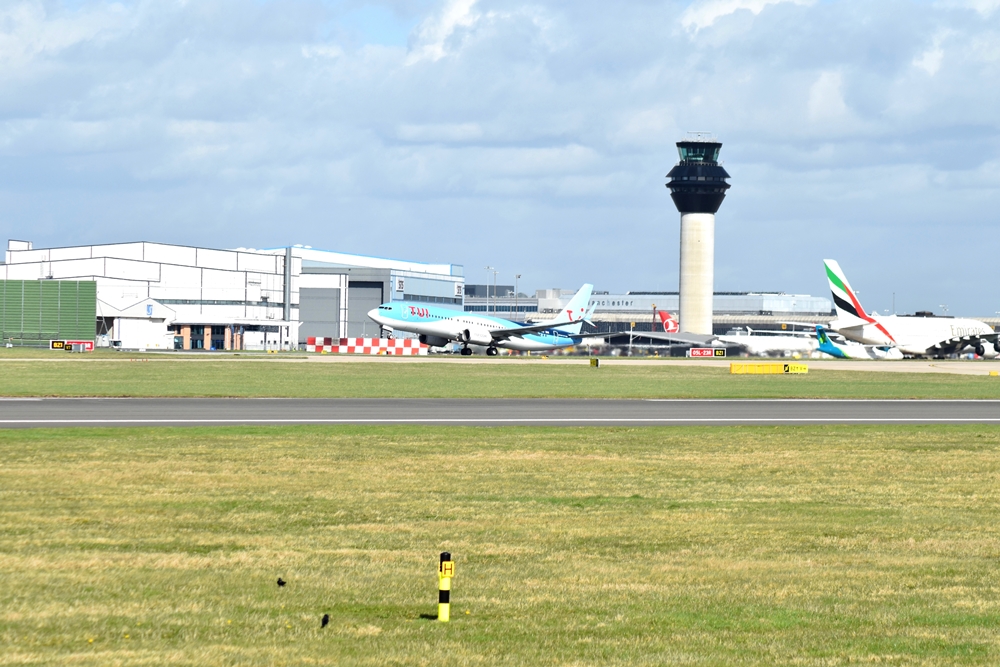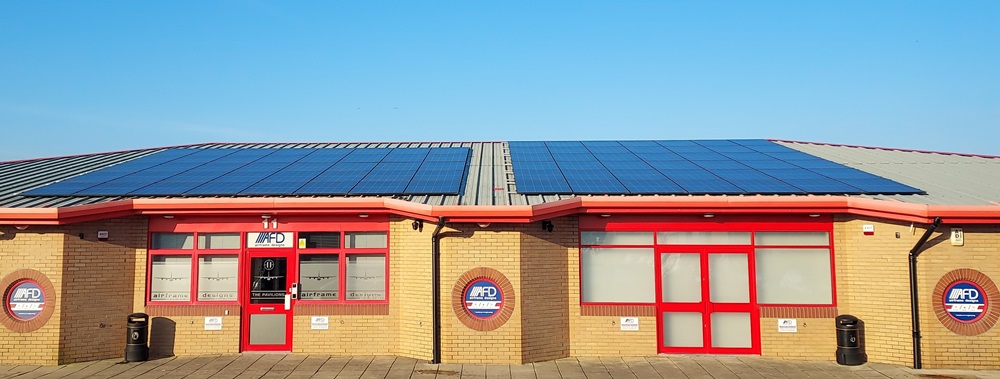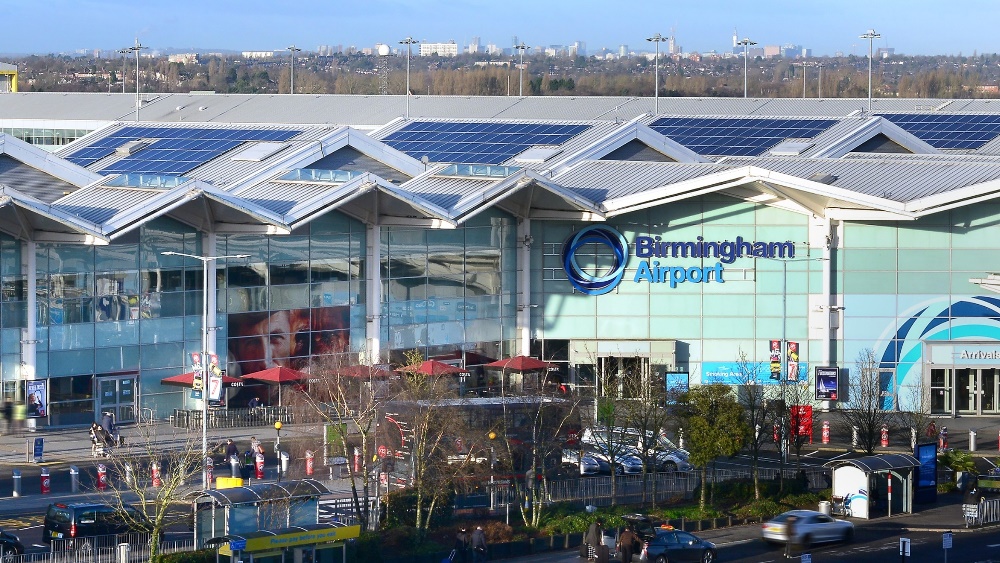EUROCONTROL charts aviation connectivity variations across the continent

Image courtesy EUROCONTROL
Based on door-to-door journey time, EUROCONTROL offers indicators providing a deeper understanding of the level of connectivity at major European cities. The flight choice indicator provides an understanding of the various booking options from a certain origin.
To measure the connectivity between a specific city and the other European countries all departure airports within 90 minutes’ drive from the city are considered in the analysis. For instance, for Brussels the calculation considers departures from 28 airports, including Charleroi and Liège but also airports in neighbouring countries like Lille or Eindhoven.
The map (above) shows the aviation connectivity for Brussels (left), London (centre) and Sofia (right) for direct flights to EU States and the UK in a typical week in September 2022 (4th-10th September) compared to the European average.
Brussels shows above average connections to typical holiday destinations such as Portugal, Spain and Italy but also good links to Scandinavia and Eastern European States. It shows below average connectivity to the Netherlands and Germany which is partly due to the good road and rail accessibility to major cities. London shows better than average connections to almost all European States which is partly owed to its geographical island location.
A particularly high connectivity from London is visible to Ireland and the Netherlands, followed by Portugal, Spain, Italy, Belgium and Germany. In contrast, Sofia shows average or below average direct flight connections to all European States with a particularly low frequency to Belgium, Ireland and Portugal.
Considering the large number of European Institutions in Brussels, it is not surprising that Brussels is among the best-connected cities in Europe. However, other capitals such as London not only offer good daily connectivity but also a notably higher frequency of flights than the European average.












